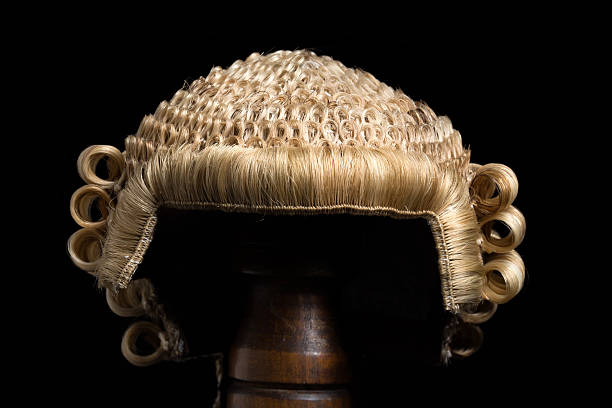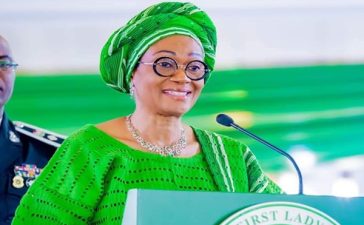Some legal experts have advised victims whose nude images were shared online without consent to seek both civil and criminal remedies under Nigerian law.
The lawyers gave the advice in separate interviews with the News Agency of Nigeria (NAN) in Lagos, describing the act as a violation of privacy, dignity, and contractual rights, particularly when companies leak nude photographs of models without explicit permission.
A human rights lawyer, Mrs. Jumoke Ajayi, said such exposure breaches the constitutional right to privacy guaranteed under Section 37 of the 1999 Constitution (as amended).
“When a person’s nude photos are published without consent, it amounts to an infringement of that right and defamation of character. The victim can sue both the company and the individuals involved,” she said.
Ajayi added that victims could also petition law enforcement agencies under the Cybercrimes (Prohibition, Prevention, etc.) Act, 2015, particularly Section 24, which criminalises the non-consensual distribution of intimate images. Offenders, she noted, risk imprisonment if found guilty.
Another Lagos-based lawyer, Mr. Franklin Ojumu, stressed that consent and contract clarity were crucial in modelling agreements.
“Even if there was consent, it does not give the company unlimited rights to publish or share those images online,” he said.
Ojumu advised victims to seek damages for emotional distress, reputational harm, and invasion of privacy, adding that Nigerian courts are becoming increasingly receptive to digital rights violations.
Similarly, Mr. Chibuikem Opara of the Justification Firm, Ikeja, said leaking unauthorised nude photos without consent constitutes cyberbullying, an offence under the Cybercrimes Act.
“The victim can report the matter to security agencies, and the corporate veil can be lifted so that individuals personally involved are held liable,” Opara explained.
He added that victims could also sue for breach of contract, fraudulent misrepresentation, or inhuman treatment, possibly before the National Industrial Court.
Mr. Ademola Owolabi, Managing Partner of Adetokunbo & Co Chambers, noted that the situation represents both a contractual breach and a potential criminal offence, since no express consent was given for the images to be published.
On his part, Mr. Ogedi Ogu, Country Director, Advocacy for Justice and Accountability, described the act as a clear infringement on fundamental human rights.
“I do not think the agreement to model for the company included posing nude or giving the company the right to retain or commercialise her nude photos. The victim can bring an action for damages and restraining orders against the company,” Ogu said.
Legal analysts believe the growing awareness of digital privacy laws in Nigeria may lead to stronger precedents protecting individuals from online exploitation and image-based abuse.







